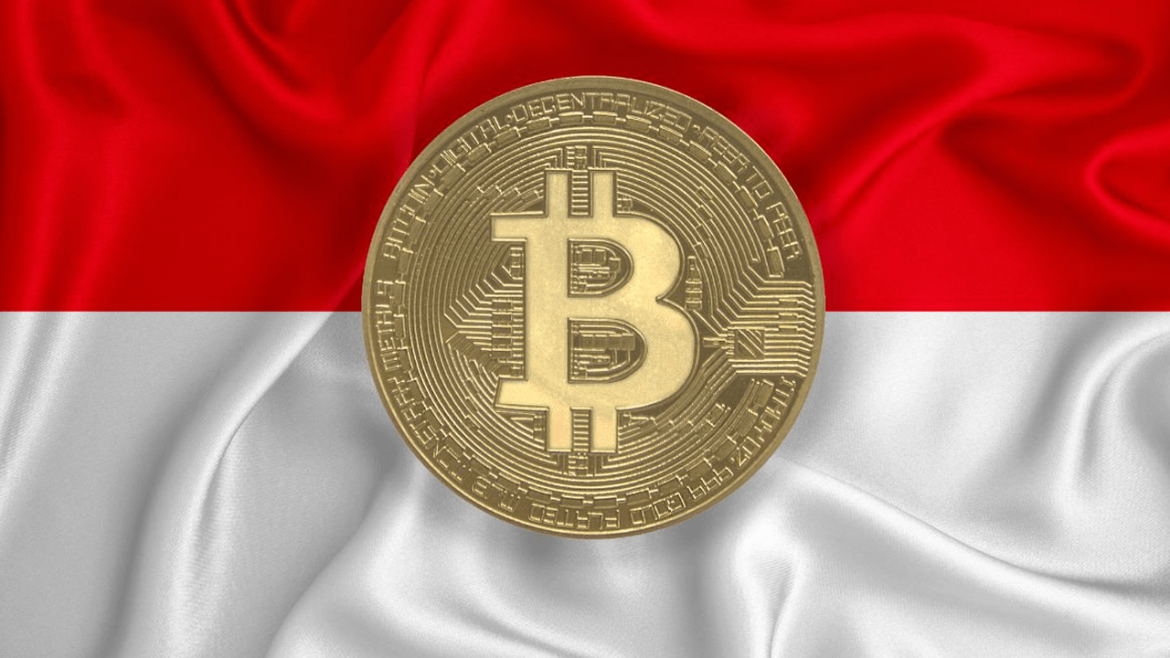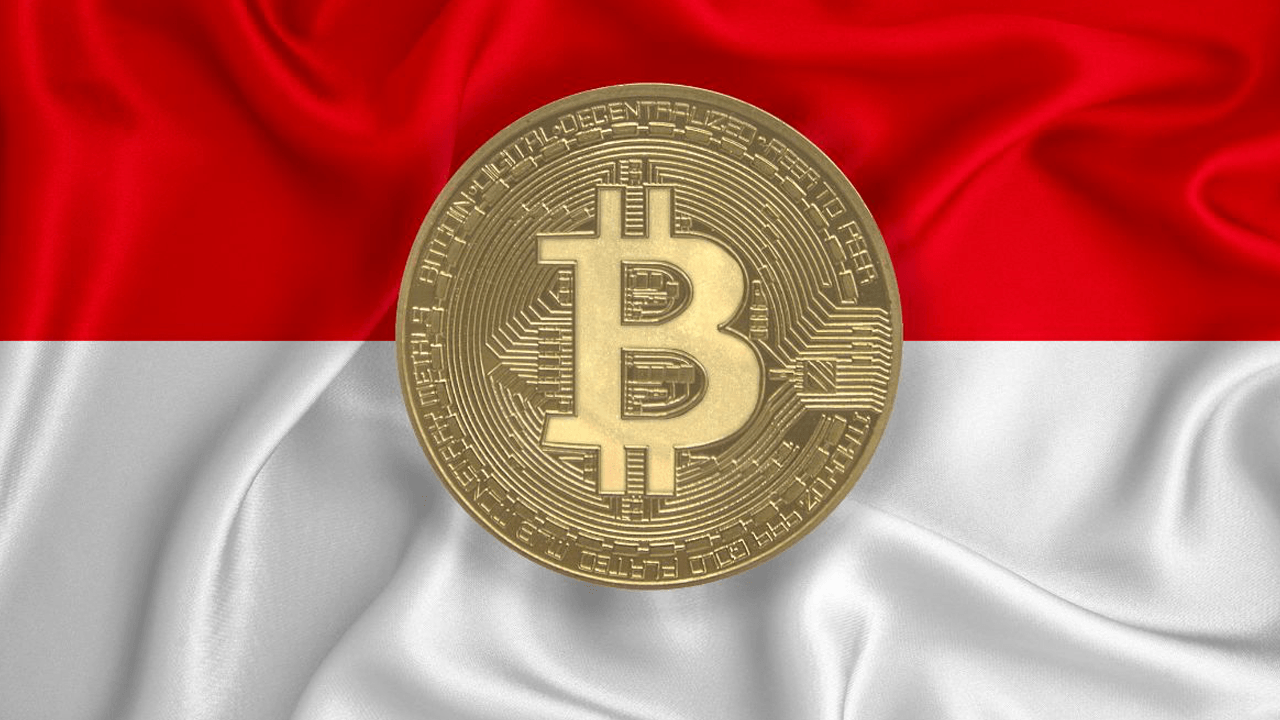Indonesia’s Crypto Tax Overhaul: Navigating the New Digital Asset Landscape
Introduction: A Pivotal Moment for Indonesian Crypto
Indonesia’s digital asset market is at a crossroads. The government’s decision to overhaul its cryptocurrency tax regime, effective August 1st, represents a bold step in shaping the nation’s crypto future. This comprehensive analysis explores the intricacies of the new regulations, their potential impacts, and the broader implications for Indonesia’s crypto ecosystem.
The New Tax Framework: A Strategic Shift
The Indonesian government has implemented a nuanced tax structure that differentiates between domestic and overseas crypto transactions, signaling a strategic approach to regulating the digital asset market.
Transaction Taxes: A Two-Tiered Approach
The most notable change is the introduction of a two-tiered tax system for crypto transactions:
– Domestic Exchanges: The tax rate on crypto sales has been increased from 0.1% to 0.21% of the transaction value. This modest increase aims to generate additional revenue while maintaining affordability for local traders.
– Overseas Exchanges: Transactions on foreign platforms will now be taxed at a significantly higher rate of 1%, up from the previous 0.2%. This substantial hike is designed to discourage the use of overseas exchanges and redirect trading activity to domestic platforms.
This tiered approach underscores the government’s intent to foster the growth of Indonesia’s domestic crypto industry while capturing a larger share of the market’s taxable revenue.
VAT Adjustments: A Balancing Act
The government has also made strategic adjustments to the Value Added Tax (VAT) regime for crypto activities:
– Removal of VAT for Crypto Buyers: The previous VAT levied on crypto purchases, ranging from 0.11% to 0.22%, has been eliminated. This move is expected to make crypto investments more accessible and attractive to Indonesian citizens by reducing the initial cost of entry.
– Increased VAT on Crypto Mining: Conversely, the VAT on crypto mining activities has been doubled, rising from 1.1% to 2.2%. This increase is likely aimed at curbing the energy-intensive nature of crypto mining and promoting more sustainable practices.
The Rationale Behind the Changes: A Multifaceted Strategy
The Indonesian government’s decision to overhaul its crypto tax policies is driven by a combination of economic, regulatory, and strategic considerations.
Revenue Generation: Tapping into a Booming Market
The primary motivation behind the tax hikes is the desire to generate additional revenue from Indonesia’s rapidly growing crypto market. The market has experienced explosive growth, with transaction values tripling in 2024 to reach an impressive 650 trillion rupiah (approximately $39.67 billion). By increasing taxes on these transactions, the government aims to capitalize on this burgeoning sector and bolster its fiscal resources.
Promoting Domestic Exchanges: A Strategic Incentive
The significantly higher tax rate imposed on overseas exchanges suggests a deliberate effort to incentivize traders to use Indonesian platforms. This strategy is designed to stimulate the growth of the local crypto industry, create jobs, and keep more revenue within the country. By encouraging traders to shift their activities to domestic exchanges, the government aims to foster a more robust and regulated crypto market within Indonesia.
Regulatory Balancing Act: Innovation and Control
The Indonesian government is navigating a complex path, seeking to balance innovation and regulation. The removal of VAT for buyers is a clear move to encourage adoption and investment in the crypto market. Conversely, the increased taxes on overseas transactions and mining demonstrate a desire to exert greater control over the sector and ensure compliance with regulatory standards.
The Ripple Effect: Impacts on Traders and Exchanges
The new tax regulations are poised to have a wide-ranging impact on various stakeholders within the Indonesian crypto ecosystem, from individual traders to large-scale exchanges and mining operations.
Traders: Navigating the New Tax Landscape
The increased tax rates will inevitably raise the cost of trading, particularly for those using overseas exchanges. This could lead to several outcomes:
– Reduced Trading Activity: Some traders may choose to reduce their trading volume to offset the higher tax burden, particularly those with smaller margins or engaged in high-frequency trading.
– Shift to Domestic Exchanges: The increased tax burden on overseas exchanges may incentivize traders to move their funds and trading activities to Indonesian platforms. This shift could benefit local exchanges by increasing their trading volumes and market share.
– Impact on Profitability: The higher tax rates could reduce the profitability of crypto trading, potentially discouraging new entrants and prompting some traders to exit the market.
Exchanges: Adapting to the New Reality
The new tax regulations will also have significant implications for both domestic and overseas exchanges operating in Indonesia.
– Overseas Exchanges: Foreign exchanges may face a competitive disadvantage due to the higher tax rates, leading to a decline in their trading volumes and market share within the country. To mitigate this, they may need to reassess their strategies, explore partnerships with local exchanges, or focus on niche services to maintain their presence in the Indonesian market.
– Domestic Exchanges: Indonesian exchanges stand to benefit from the new regulations as traders seek to avoid the higher taxes on overseas platforms. This could lead to increased trading volumes, user growth, and overall market share for local exchanges. To capitalize on this opportunity, domestic exchanges may need to invest in improving their infrastructure, enhancing their services, and expanding their offerings to accommodate the expected influx of new users.
Miners: Facing a New Challenge
The doubling of VAT on crypto mining will likely have a significant impact on the profitability of mining operations in Indonesia:
– Reduced Profitability: The increased tax burden could discourage investment in mining infrastructure and potentially lead to a decline in mining activity within the country.
– Relocation of Operations: Some miners may consider relocating their operations to countries with more favorable tax regimes to maintain their profitability. This could result in a brain drain of mining expertise and a loss of potential revenue for Indonesia.
Broader Implications: Shaping Indonesia’s Crypto Future
Beyond the immediate impacts on traders and exchanges, the new tax regulations could have far-reaching implications for Indonesia’s crypto landscape.
Regulatory Clarity: A Foundation for Growth
The new regulations provide greater clarity regarding the tax treatment of crypto transactions in Indonesia. This clarity can help reduce uncertainty and encourage more institutional investment in the sector. A well-defined regulatory framework is essential for fostering a mature and stable crypto market, and Indonesia’s recent moves in this direction are a positive step.
Market Development: Fostering a Robust Ecosystem
By promoting the growth of domestic exchanges, the government aims to foster the development of a more robust and regulated crypto market within Indonesia. This could lead to increased innovation, job creation, and economic growth. A thriving crypto ecosystem can also attract foreign investment, further boosting the country’s digital economy.
Regional Influence: A Model for Southeast Asia
As the largest economy in Southeast Asia, Indonesia’s approach to regulating and taxing crypto could influence other countries in the region. If the new regulations prove successful in generating revenue and promoting market development, other nations may consider adopting similar policies. Indonesia’s experiences in this area will be closely watched by its neighbors, and the country has the opportunity to set a precedent for crypto regulation in the region.
Challenges and Considerations: Navigating the Road Ahead
While the new tax regulations are intended to benefit Indonesia’s crypto market, several challenges and considerations need to be addressed to ensure their success.
Enforcement: Ensuring Compliance
Ensuring compliance with the new tax regulations, particularly for transactions on overseas exchanges, could be challenging. The government will need to develop effective mechanisms for monitoring and enforcing the rules. This may involve collaborating with international regulators, implementing advanced tracking technologies, and establishing clear penalties for non-compliance.
Impact on Innovation: Striking the Right Balance
The increased tax burden on overseas exchanges and mining could stifle innovation and discourage investment in these areas. The government needs to strike a balance between regulation and fostering a dynamic and innovative crypto ecosystem. This may involve providing tax incentives for innovative projects, creating sandbox environments for testing new technologies, and encouraging public-private partnerships to drive innovation.
Market Volatility: Managing the Risks
The crypto market is inherently volatile, and changes in tax regulations could exacerbate this volatility. The government needs to carefully monitor the market and be prepared to adjust its policies if necessary. This may involve implementing temporary measures to stabilize the market, providing clear communication to stakeholders, and maintaining flexibility in the regulatory framework.
Conclusion: A New Chapter for Indonesian Crypto
Indonesia’s decision to increase taxes on crypto transactions marks a significant shift in its approach to regulating and taxing digital assets. This move is primarily driven by the desire to generate revenue and promote domestic exchanges, but it also reflects a broader effort to balance innovation and regulation within the rapidly evolving crypto landscape.
The success of these new regulations will depend on effective enforcement, careful monitoring of the market, and a willingness to adapt policies as needed. As Indonesia navigates this new chapter in its crypto journey, its experiences will undoubtedly be closely watched by other countries in the region and beyond.
The coming years will reveal whether these tax hikes will lead to a more mature and regulated market or if they will inadvertently stifle innovation and drive activity underground. The stakes are high, and the world is watching. Indonesia’s ability to strike the right balance between regulation and innovation will determine the future of its crypto market and its position as a leader in the digital asset space.





